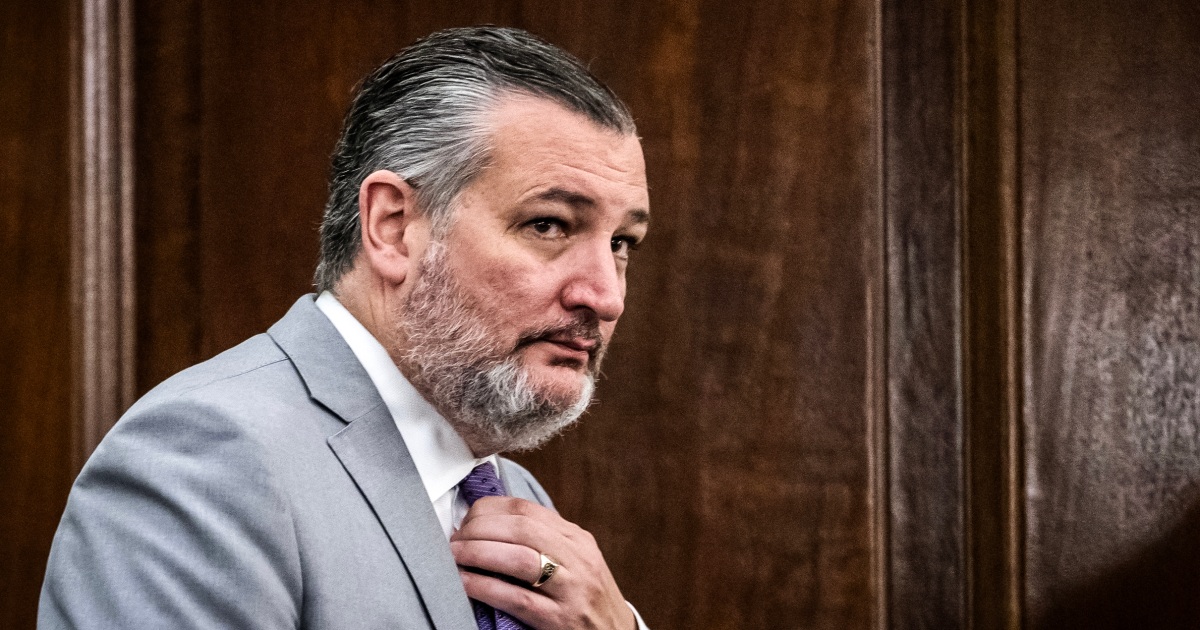What Drove Us 200 Miles to Attend Robinson's London Rally on Britishness and Free Speech?

Published: 2025-09-19 19:30:42 | Category: technology
Last week, a significant protest in central London drew thousands, led by controversial figure Tommy Robinson. Despite his polarising reputation, many attendees voiced their frustrations about freedom of speech and the cost of living, demonstrating how complex issues of national identity and societal division are evolving in the UK.
Last updated: 20 October 2023 (BST)
Understanding the Rally: A Complex Landscape of Voices
The recent Unite the Kingdom rally in London, spearheaded by Tommy Robinson, has sparked extensive debate about freedom of speech, national identity, and societal divisions in the UK. With estimates suggesting between 110,000 and 150,000 participants, the protest underscored a growing frustration among attendees regarding various aspects of contemporary British life, from economic struggles to concerns about immigration.
- The protest attracted a wide demographic, including families and individuals from various backgrounds.
- Many participants expressed a desire to reclaim freedom of speech, feeling it is under threat.
- Contrary to what some might expect, many attendees do not identify as far-right, focusing instead on broader grievances.
- Counter-protests highlighted a significant division in public sentiment regarding nationalism and immigration.
- Police reported several arrests, indicating tensions during the event.
Who is Tommy Robinson and Why Does He Matter?
Tommy Robinson, born Stephen Yaxley-Lennon, is a well-known far-right activist in the UK. He has been a controversial figure for years, often accused of promoting anti-Islam sentiments. His criminal convictions and aggressive rhetoric have led to widespread condemnation from mainstream political figures and organisations.
Despite his contentious background, Robinson has maintained a loyal following. Research by the think tank British Future suggests that while his core support has remained stable, his visibility has increased, attracting discontented individuals who feel alienated from traditional political discourse.
The Nature of Support at the Rally
Many who attended the rally, like Suzanne and Sam Philpott from South Wales, claim their motivations extend beyond Robinson himself. Suzanne, a pub owner, expressed her belief in the importance of freedom of speech, stating that she felt compelled to attend the event, believing it represented a broader struggle for civil liberties.
Sam echoed this sentiment, arguing that many attendees were driven by concerns about their economic conditions and national identity. He articulated a sense of pride in being British, associating it with the desire for stability and security for working-class families.
The Divided Public Sentiment
The rally revealed a stark divide in public sentiment. While many attendees shared their frustrations over the cost of living and immigration, others expressed concerns about the language used at such events. Sam Rowe, a participant in the counter-protest, described feeling unsafe and highlighted the presence of racist language among some rally attendees.
This duality raises critical questions about how Britishness is perceived and defined. For some, it is tied to economic stability and community welfare, while for others, it has become a contentious issue intertwined with race and culture.
The Cost of Living Crisis and Its Impact
Many participants cited the ongoing cost of living crisis as a significant factor driving their attendance. With rising prices for essentials, such as housing and food, frustration is palpable among those who feel left behind. The sentiment that resources should prioritise the British population before aiding newcomers resonates strongly with some attendees.
For example, Sam Philpott articulated the belief that those in poverty within the UK should receive support before aid is extended to migrants. This perspective reflects a broader narrative that intertwines economic hardship with national identity.
Freedom of Speech: A Central Concern
Freedom of speech emerged as a key theme throughout the discussions surrounding the rally. Many attendees, including Suzanne, expressed fears that their ability to voice opinions is being curtailed by societal pressures. This perception is not unique to one political side; individuals from various backgrounds voiced concerns about restrictions on what can be said, citing examples such as the use of preferred pronouns and the ability to display national symbols.
The Role of National Identity
As the protest unfolded, it became clear that national identity is increasingly becoming a battleground. Attendees like Sam Philpott spoke of their pride in Britishness, which they believe is under threat from both economic challenges and demographic changes. Yet, this notion of identity is complex and multifaceted, with many counter-protesters, including individuals from minority backgrounds, expressing their own interpretations of what it means to be British.
The contrast in perspectives highlights the inherent challenges in navigating discussions about national identity in a diverse society. While some view it as a unifying concept, others perceive it as a source of division and exclusion.
Confronting Extremism and Discontent
While many at the rally may not identify with Robinson's extremist views, there is a growing concern that these events could normalise far-right rhetoric. Sam Rowe's experience at the counter-protest illustrates the fears among those who worry that such gatherings might embolden individuals with more extreme views.
Rowe articulated his fears of encountering racist language and ideologies at the rally, suggesting that while many attendees may have been there for legitimate reasons, the leadership and messaging of the rally could attract a more radical element.
What Does This Mean for the Future?
The aftermath of the rally suggests that the divisions within British society are deepening. With economic pressures mounting and immigration becoming a central issue in political discourse, the potential for further protests and counter-protests remains high. The conversations sparked by the Unite the Kingdom rally may not just reflect current frustrations but could also shape future political landscapes.
FAQs
What was the purpose of the Unite the Kingdom rally?
The Unite the Kingdom rally aimed to address concerns about freedom of speech, national identity, and the cost of living, drawing a diverse crowd of attendees who expressed their frustrations with current societal issues.
Who is Tommy Robinson?
Tommy Robinson is a far-right activist known for his controversial views on immigration and Islam. His polarising reputation has attracted both supporters and detractors, making him a significant figure in contemporary British politics.
What were the main concerns voiced at the rally?
Attendees primarily voiced concerns over economic struggles, the perceived threat to freedom of speech, and issues surrounding immigration and national identity, reflecting a complex landscape of public sentiment.
What were the outcomes of the protest?
Police reported several arrests during the protest, indicating tensions among attendees. The event has sparked further discussions around nationalism, societal division, and the implications of far-right rhetoric.
How do counter-protesters view the Unite the Kingdom rally?
Counter-protesters expressed concerns about the presence of racist language and extremism at the rally, highlighting the need to challenge divisive ideologies and promote inclusivity within society.
The recent rally and its implications raise important questions about the future of national identity and societal cohesion in the UK. As these conversations continue, it remains vital to consider how different perspectives can coexist in a diverse society, and what actions must be taken to foster understanding and unity. #UKProtests #FreedomOfSpeech #NationalIdentity



